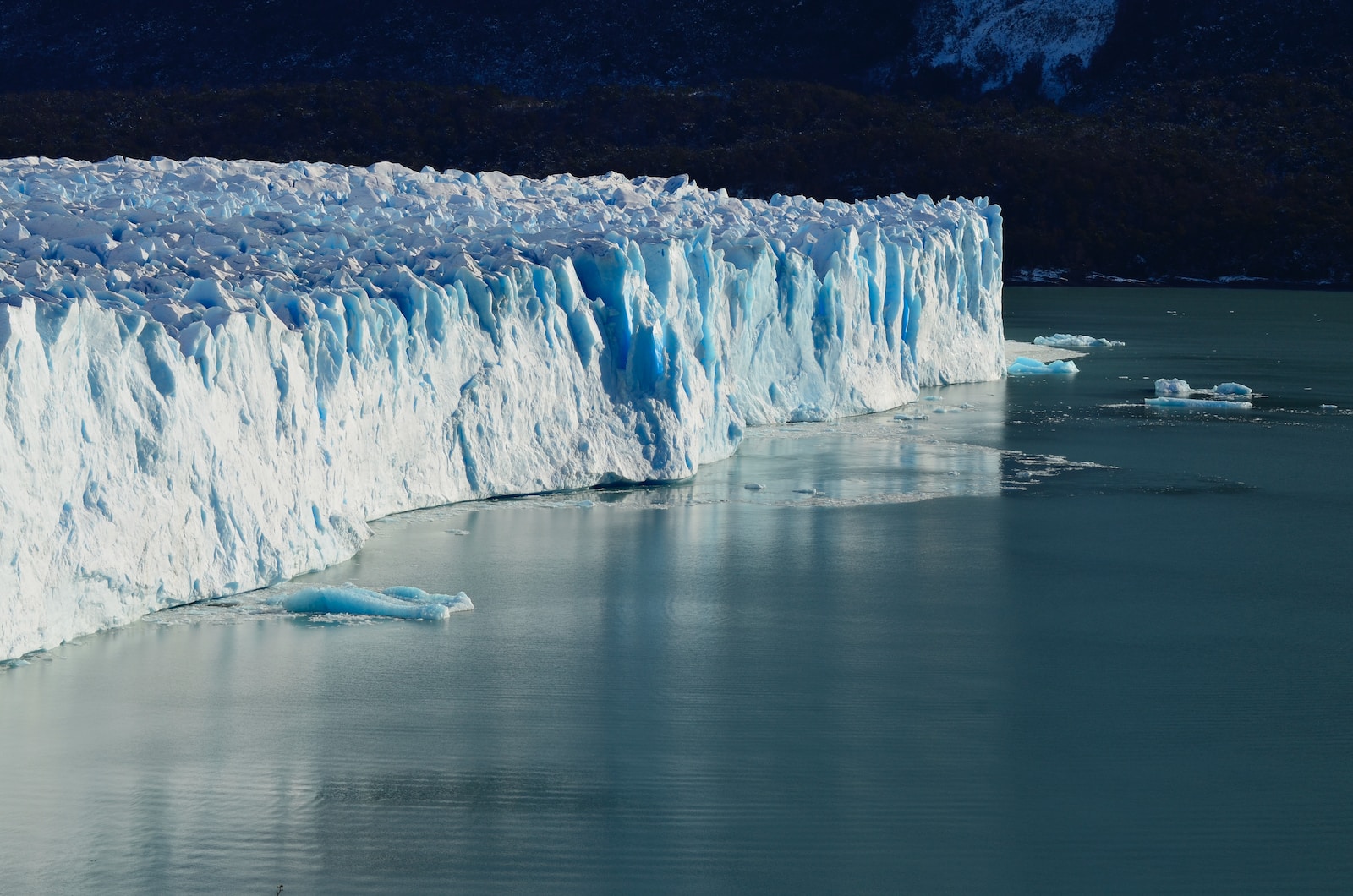Table of Contents
ToggleIntroduction
The AR6 Synthesis Report is the latest scientific assessment of climate change, released by the Intergovernmental Panel on Climate Change (IPCC) in 2023. The report provides a comprehensive overview of the current state of the climate, its impacts, and potential solutions. In this article, we will explore the key findings of the AR6 Synthesis Report and what they mean for the future of our planet.
Key Findings of the AR6 Synthesis Report
- Human Influence on Climate Change
The AR6 Synthesis Report confirms that human activities are the primary cause of climate change. The report states that it is “unequivocal” that human influence has caused the observed changes in the climate system, including the increase in global temperatures, sea level rise, and changes in precipitation patterns.
- Impacts of Climate Change
The report highlights the severe impacts of climate change, including more frequent and intense heatwaves, droughts, floods, and storms. It also highlights the impact on biodiversity, with species extinction and loss of habitats.
- Urgency of Action
The AR6 Synthesis Report emphasizes the urgent need for action to mitigate the impacts of climate change. It states that immediate and sustained reductions in greenhouse gas emissions are required to limit the worst impacts of climate change.
- Solutions to Climate Change
The report highlights that there are solutions to mitigate the impact of climate change, including transitioning to renewable energy sources, improving energy efficiency, and reducing emissions from the transportation and agricultural sectors.
Impacts of Climate Change
- Extreme Weather Events
Climate change is leading to more frequent and intense extreme weather events, including heatwaves, droughts, floods, and storms. These events can cause significant damage to infrastructure, homes, and communities, and have severe economic impacts.
- Sea Level Rise
Climate change is causing sea levels to rise, threatening coastal communities and infrastructure. Sea level rise can cause flooding, erosion, and saltwater intrusion, impacting agriculture and freshwater resources.
- Biodiversity Loss
Climate change is causing biodiversity loss, with species extinction and loss of habitats. This loss can have significant impacts on ecosystem services, such as pollination and soil fertility, and can have economic impacts on industries such as fishing and tourism.
Solutions to Climate Change
- Renewable Energy
Transitioning to renewable energy sources, such as solar and wind power, can reduce greenhouse gas emissions and mitigate the impacts of climate change.
- Energy Efficiency
Improving energy efficiency in buildings, transportation, and industry can also reduce greenhouse gas emissions and save energy costs.
- Sustainable Agriculture
Reducing emissions from the agricultural sector, such as reducing fertilizer use and improving soil management, can also mitigate the impacts of climate change.
Conclusion
The AR6 Synthesis Report provides a comprehensive overview of the current state of climate change, its impacts, and potential solutions. The report highlights the urgent need for action to mitigate the impacts of climate change and emphasizes that immediate and sustained reductions in greenhouse gas emissions are required to limit the worst impacts of climate change. By transitioning to renewable energy sources, improving energy efficiency, and reducing emissions from the transportation and agricultural sectors, we can mitigate the impacts of climate change and ensure a sustainable future.








2 thoughts on “AR6 Synthesis Report: The Latest on Climate Change 2023”
Pingback: The Future of Salmon Fishing in California: Challenges and Opportunities - Sustainability Awakening
Pingback: Alexis Ohanian's 776 Foundation: Empowering Climate Innovators to Address Climate Change - Sustainability Awakening